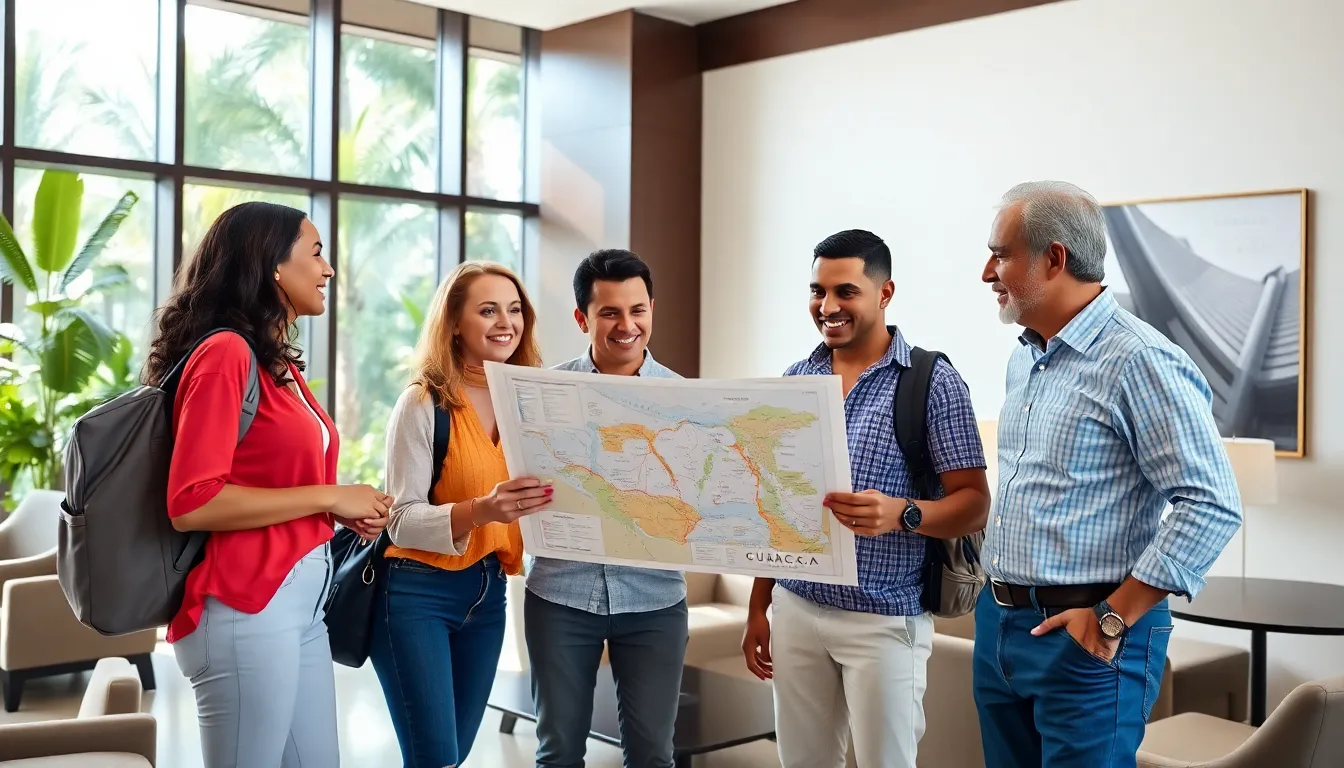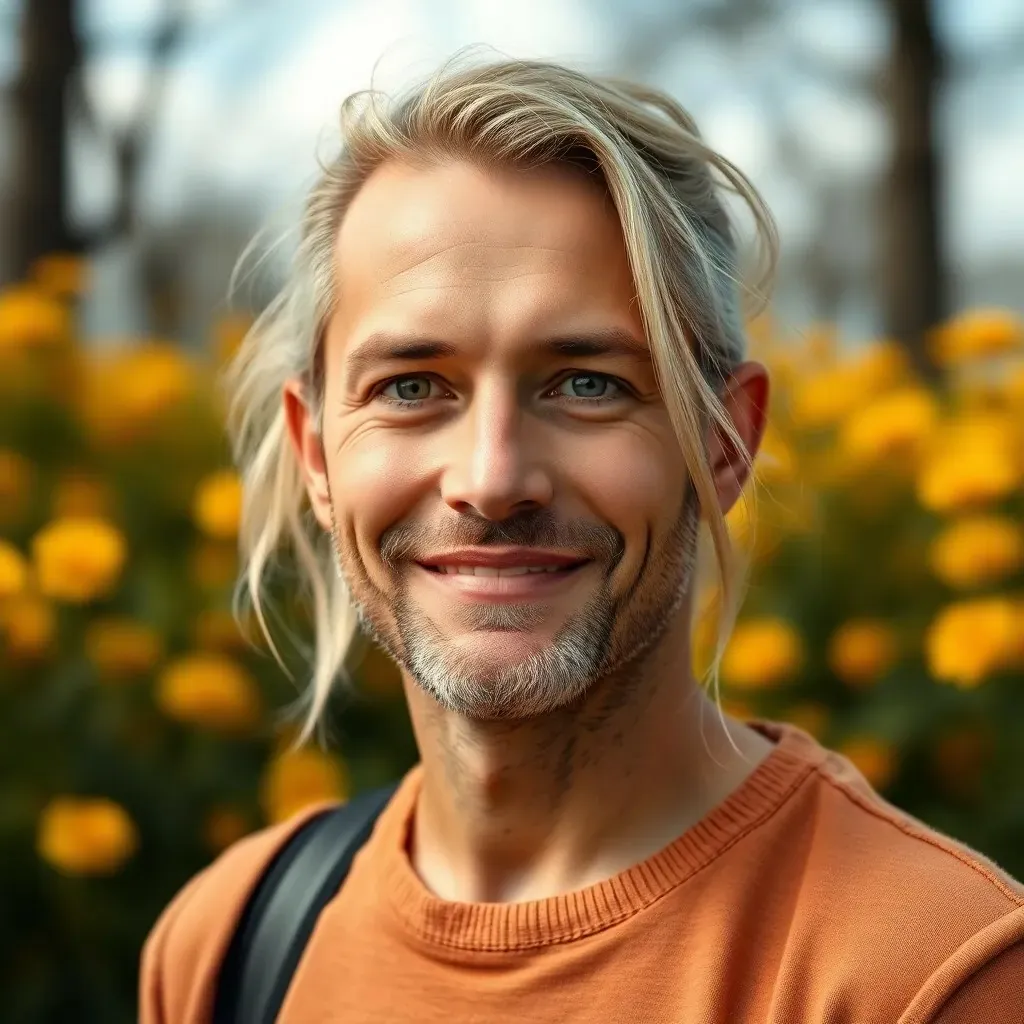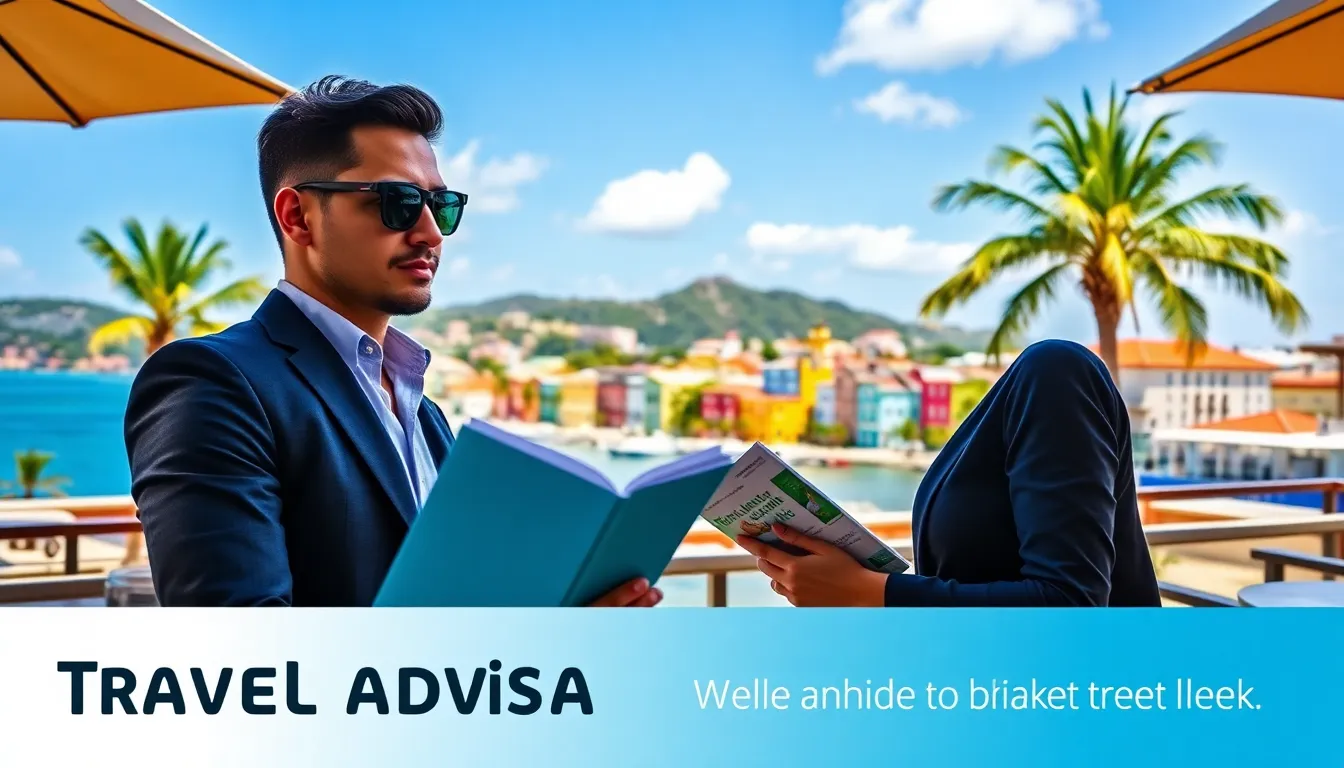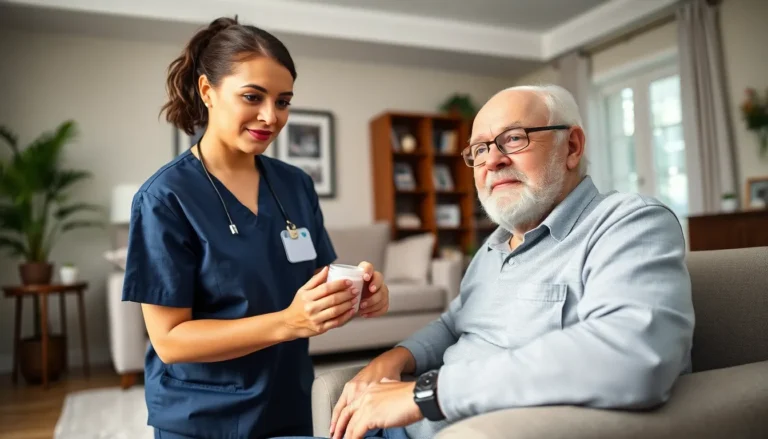Table of Contents
ToggleCuracao is known for its vibrant culture, stunning beaches, and lively nightlife. But before you pack your bags and head to this Caribbean paradise, one burning question arises: Is Curacao safe to travel to? Sure, every vacation comes with its share of risks, like a surprise sunburn or a questionable seafood dish. Yet, safety concerns often weigh heavily on travelers’ minds. So, let’s jump into the details and flip the script on any worries you might have about safety in Curacao.
Overview of Curacao’s Safety Situation

Curacao is generally considered a safe destination for tourists, especially when compared to other islands in the Caribbean. The island boasts a reputation for being friendly and welcoming, with low violent crime rates relative to many urban areas globally. But, while you can breathe a little easier, it’s essential not to let your guard down completely. Petty theft and minor crimes, like pickpocketing, can occur in tourist-heavy spots. Overall, by staying aware and taking simple precautions, travelers can enjoy everything this island has to offer without excessive worry.
Curacao’s crime index might give you pause, but context is key. Most incidents happen outside of tourist zones and tend to concern locals. According to recent statistics, the island has made strides in improving public safety with an increase in police presence in popular areas, further bolstering the confidence of visitors.
Traveling During COVID-19: Current Regulations
Traveling during a pandemic complicates matters but does not mean you should toss your travel plans out the window. Curacao has implemented various measures to ensure the safety of visitors amid COVID-19. As of now, travelers must present a negative PCR test taken within 48 hours before arrival. After arrival, visitors may need to take additional tests or follow specific restrictions based on their vaccination status.
Also, masking regulations and social distancing protocols are enforced in public spaces. So, if you’re planning a trip, keep a close eye on local guidelines and any changes in regulations to be prepared and informed. Make sure to check the official tourism website for the latest updates, as these rules can shift as the global situation evolves.
Common Safety Concerns for Tourists
While Curacao is generally safe, tourists often voice concerns about a few common issues. First up, beach safety. The allure of sunbathing on white sands can’t distract from watersports and swimming currents, which can be deceptively strong and dangerous. Always check local advice and conditions before diving in.
Another concern involves transportation. Renting a car is usually safe but be cautious, especially during nighttime drives, due to unfamiliar roads and potential wildlife crossing. Public transport exists, but it’s less common for tourists, shared taxis or Uber are popular alternatives.
Finally, keep valuables secure. Using hotel safes and remaining paranoid about leaving belongings unattended at beaches remains optimal. Better to take that extra precaution than risk a disappointing end to your vacation.
Tips for Staying Safe in Curacao
Staying safe while enjoying your Curacao vacation boils down to a blend of common sense and preparation. Here are some tips:
- Stay Informed: Research areas you plan to visit, including potential risks.
- Be Aware: Keep your belongings close and remain vigilant, especially in crowded areas.
- Use Trusted Services: Always choose licensed taxis, official tour guides, and well-reviewed accommodations.
- Limit Night Outings: While nightlife is vibrant, it’s wise to stay in well-lit, populated areas after dark.
- Travel Light: Carry only what you truly need and consider leaving expensive items at home.
Implementing these simple steps can significantly enhance your travel experience, allowing you to focus on fun instead of worry.
Exploring Curacao: Safe Areas vs. High-Risk Areas
Curacao’s charm lies in its diversity, from bustling markets to serene beaches. Knowing which areas are safe can enhance your experience.
Safe Areas:
- Willemstad: This vibrant capital is packed with colorful architecture and cultural attractions. The Punda and Otrobanda districts are particularly friendly for tourists.
- Jan Thiel: Popular with vacationers, this beach area offers resorts, restaurants, and activities, all in a secure environment.
- Kas di Rosa: A quieter area hosting amazing views and local dining spots.
High-Risk Areas:
- Certain Neighborhoods in Willemstad: Like any city, some localized areas are known for higher crime rates and warrant caution.
- Remote Beaches: Venturing to isolated beaches can be beautiful but also risky without other people around.
When exploring, stick to known tourist routes and travel in groups when possible. Sound navigation can prevent mishaps.
Emergency Services and Resources Available
Curacao is equipped with essential services geared towards visitors. For medical emergencies, private clinics and hospitals cater to expats and tourists with international standards. Major hotels often provide information about nearby medical facilities.
In case of minor emergencies, dialing 911 connects you to police, medical services, or fire departments. The island also has a tourist information desk in Willemstad, where visitors can seek advice and assistance. Keeping the phone number of your country’s embassy handy is always smart, just in case. Having fun is essential, but knowing where to turn when trouble arises brings peace of mind.





